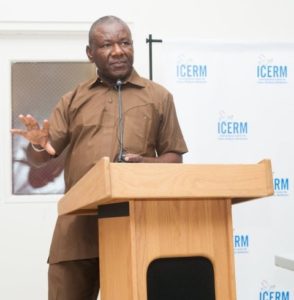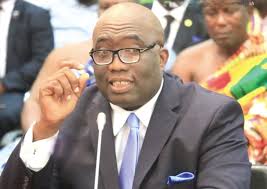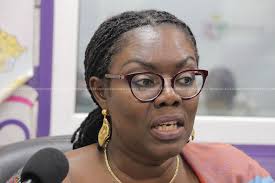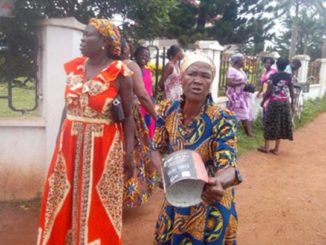The Director of the Division of Criminal Justice, California State University, Sacramento (CSUS), says Ghana has evolved one of the best systems of conflict resolution that is worthy of emulation.
Professor Ernest Uwazie says, “Ghana remains one of the model programmes in using Alternative Dispute Resolution (ADR) which has reduced the backlog of cases before the courts, created more accessible justice system and sensitized the populace on different methods of conflict resolution.”
Professor Uwazie said this on Thursday in an interview with the Ghana News Agency (GNA) when a team from the Division of Criminal Justice, CSUS, visited ADR centres in Ashaiman as part of their tour of Ghana to assess the country’s practice of alternative conflict resolution.
Recounting their role in the establishment of ADR practice in Ghana, the Professor said, “Ghana remains our dream child and so anytime we get the opportunity, we visit to observe how conflicts of different kinds are resolved especially at the community and grass root level.”
He observed that his team was motivated to assist Ghana establish this practice because of the desire to make impact in Ghana’s justice delivery system and to bring access to justice “which was necessary to building a peaceful, prosperous and healthy community.”
Dr. Nicole Fox of the Criminal Justice Division, CSUS, said Ghana’s ADR practice was “an incredible example that the United States of America could learn from, because Americans have been trying to practice alternative dispute resolution and haven’t been successful in some ways.”
She observed that Americans had a problem with police brutality and violence and so the Ghanaian way of working in the communities to resolves issues that affected the people was wonderful and worthy of emulation.
Dr. Fox hinted that Ghana’s success story was because the people believed in ADR and had found the need for it.
She also said there was adequate training for the practitioners and the practice had received validation from Supreme Court judges which had given it credibility.
She hoped ADR would receive financial and moral support from various levels of society because the practitioners were doing the job of the police, judges, community service members and making their lives better.
Dr. Fox praised the brilliant record of the ADR centre in Ashaiman by saying that “every dispute involves two or more people, so we are talking about thousands of people whose lives are better, who aren’t going to court, who aren’t turning to violence, and that’s a big achievement.”
In that regard, Dr. Fox said ADR had a role to play in preventing violence, strengthening communities, ending inequality and poverty and giving more access to justice delivery.
The President of Ghana Association of Certified Mediators and Arbitrators (GHACMA), Dr. Enyonam Kudonoo, said, “ADR practice has come to stay and it’s an excellent way of resolving conflicts and mending relationships in a cheaper and time saving way. It’s very important so people should embrace it and give it a try.”
Mr Victor Kwablah Nyadi, Head of Inter-Community Mediation Centre, Ashaiman, called on Government and GHACMA to assist them financially so they could put up better structures and improve upon their services in their quest to bring justice to the people.
Report of activities by the Central Alternative Dispute Resolution Centre, Ashaiman, for 2018 revealed that 1,185 cases were handled out of which 1,165 were resolved with only 20 cases still pending.
The Division of Criminal Justice of CSUS plans visiting Ghana in July with students to understudy Ghanaian ADR practice.
–
GNA




